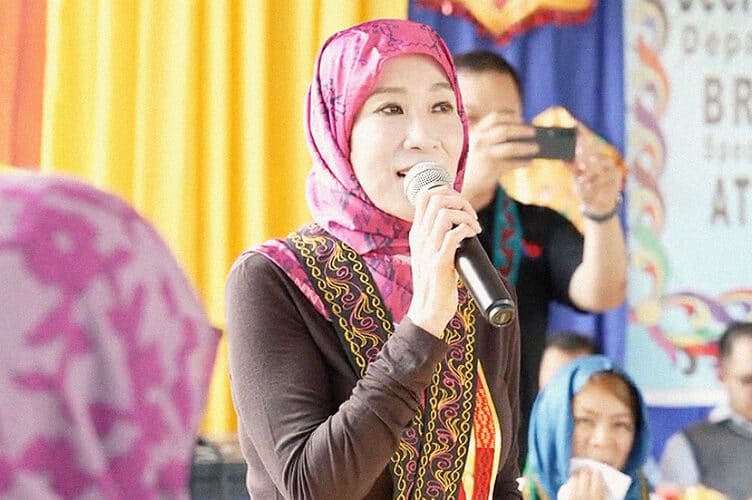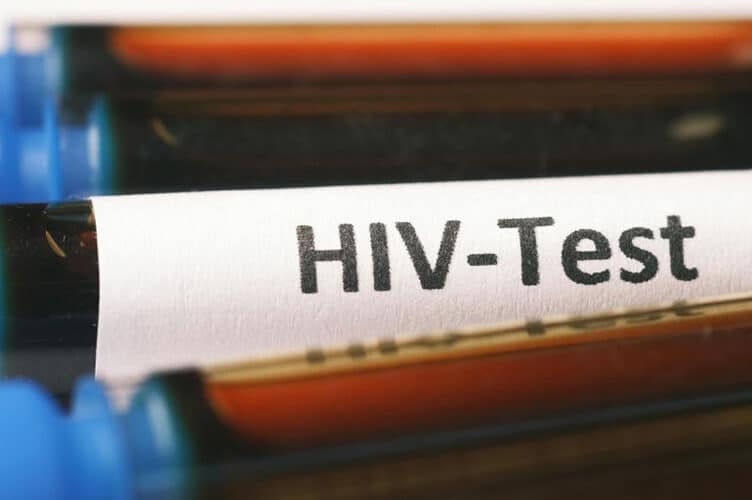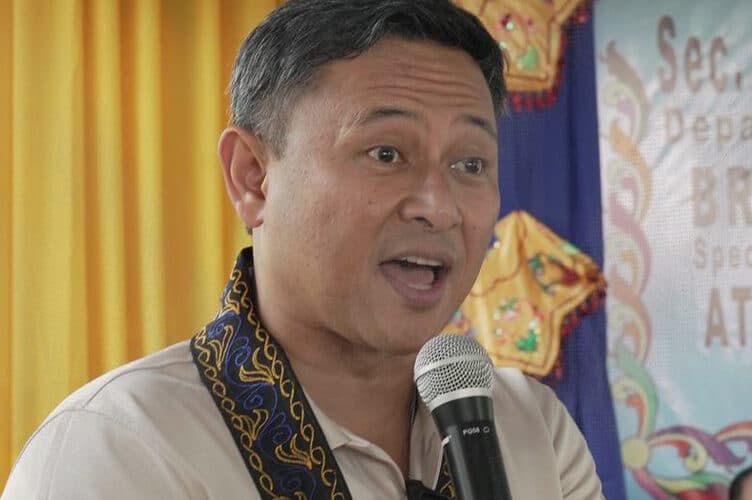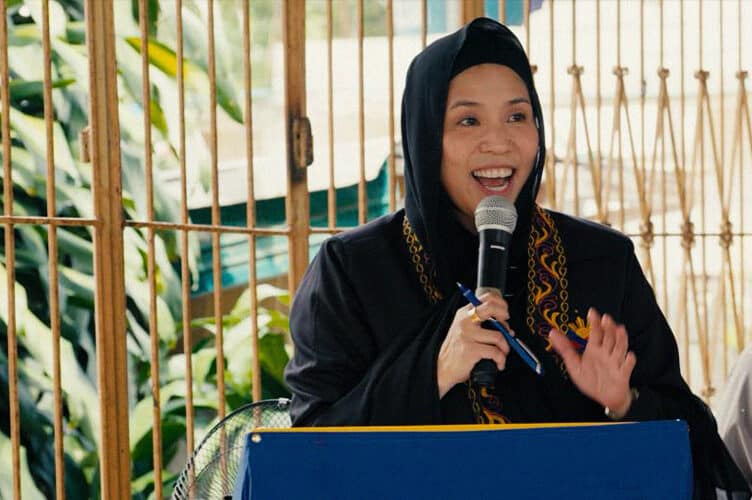Editor’s Note: The following story contains details which may offend sensibilities. This is not to glorify or justify the actions of the protagonists.This is an attempt to call the attention of the government and the society on this social media phenomenon.
To strengthen the fight against online abuse of children, Congress has passed Republic Act 11930 or the Anti-Online Sexual Abuse and Exploitation of Children Act.
The new piece of legislation is among the more than a hundred bills submitted to former president Rodrigo Duterte for signature that have lapsed into law.
Several groups have lauded the passage of RA 11930.

According to Child Rights Network, the passage of the new law marks the dawn of safer online spaces for children.
“It is our fervent wish for Filipino children to safely navigate the virtual space without fear. RA 11930 symbolizes the break of dawn heralding a future where no more children are harmed, abused, and victimized through the Internet,” CRN Convenor Romeo Dongeto said.
The group added that the new legislation is a timely development as the COVID-19 pandemic has aggravated online sexual abuse and exploitation of children (OSAEC) in the country.
The SaferKidsPH consortium, meanwhile, believes that the new law will strengthen the country’s response to the rising vulnerability and victimization of Filipino children by online predators.

“This law strengthens the protection measures to match the technological and digital advancements since the passage of the Anti-Child Pornography Act in 2009. It provides a clear definition of OSAEC which includes the combined use of offline and online means to abuse and exploit children sexually,” SaferKidsPH said in a statement.
Asked how the new law would bolster the fight against the online sexual abuse of children, the Department of Justice-Interagency Council Against Trafficking (DOJ-IACAT), said it gave a “lot of teeth” to the government and to the law enforcement agencies as it aims to make certain entities more accountable for their actions.
“I already mentioned the internet intermediaries, the ISPs (internet service providers), payment service providers. And some of them are actually have obligations under the old law like the telcos but this new law, increase those obligations, clarify those obligations, and even increase the penalties,” said DOJ Undersecretary Nicholas, who is in charge of IACAT.

Under the new law, internet intermediaries are mandated to prohibit any form of streaming or live-streaming of sexual abuse and exploitation of children, to preserve all subscriber’s or registration information and traffic data in its control and possession, and to immediately block access to websites or any content containing these materials.
The law also mandates the ISPs to block child sexual abuse or exploitation material (CSAEM) or the streaming of a child sexually abused or exploited, to maintain logs of every subscriber, and to develop and adopt a set of systems and procedures for preventing, blocking, detecting and reporting of these materials.
It obliges money transfers and remittance centers to require individuals transacting with them to present valid government identification cards.
It also provides stiffer penalties such as fines of up to P5 million and imprisonment of six months to life.
“Those private entities, the ISPs, internet platforms, in particular, who fail to fulfill their obligations under the Anti OSAEC Law, can be criminally liable as someone who facilitates OSAEC and CSAEM,” said Ty.

The law also creates a new office — the National Coordinating Center vs OSAEC and CSAEM– which will be under the supervision of the Interagency Council Against Trafficking. The center will provide emergency shelter or housing, counseling, and medical or psychological services to the victims of OSAEC and CSAEM.
Currently, the IACAT is operating “Tahanan ng Iyong Pag-asa” which provides shelter to the rescued victims of trafficking and sexual abuse.
Amid these changes and improvements under the law, the DOJ-IACAT sees the victims themselves as one of the biggest challenges for prosecution, and the fact the these crimes are usually committed privately.
“The victim for OSAEC and CSAEM is a child, children are the victims, we have to be sensitive on how to deal with children during the course of prosecuting, during the course of the trial for the cases,” said Ty.
Victims’ silence also posed a challenge, as pointed out in the study “Disrupting Harm in the Philippines,” which revealed that many children in the Philippines did not tell anyone the last time they were subjected to sexual abuse and exploitation. Very few turn to formal reporting mechanisms like helplines or the police.
For Philippine Special Envoy to UNICEF Nikki Prieto-Teodoro, it is important that authorities are always ahead of the perpetrators.
“It has to be faster; it has to be faster by our help, not by foreign help. We have to help ourselves because we are damaging the future of our beloved Philippines,” she said.
Kung may alam kayong batang biktima ng online child abuse, maaari kayong magsumbong sa OCAEC Hotlines:

How useful was this post?
Click on a star to rate it!
Average rating 0 / 5. Vote count: 0
No votes so far! Be the first to rate this post.
We are sorry that this post was not useful for you!
Let us improve this post!
Tell us how we can improve this post?








